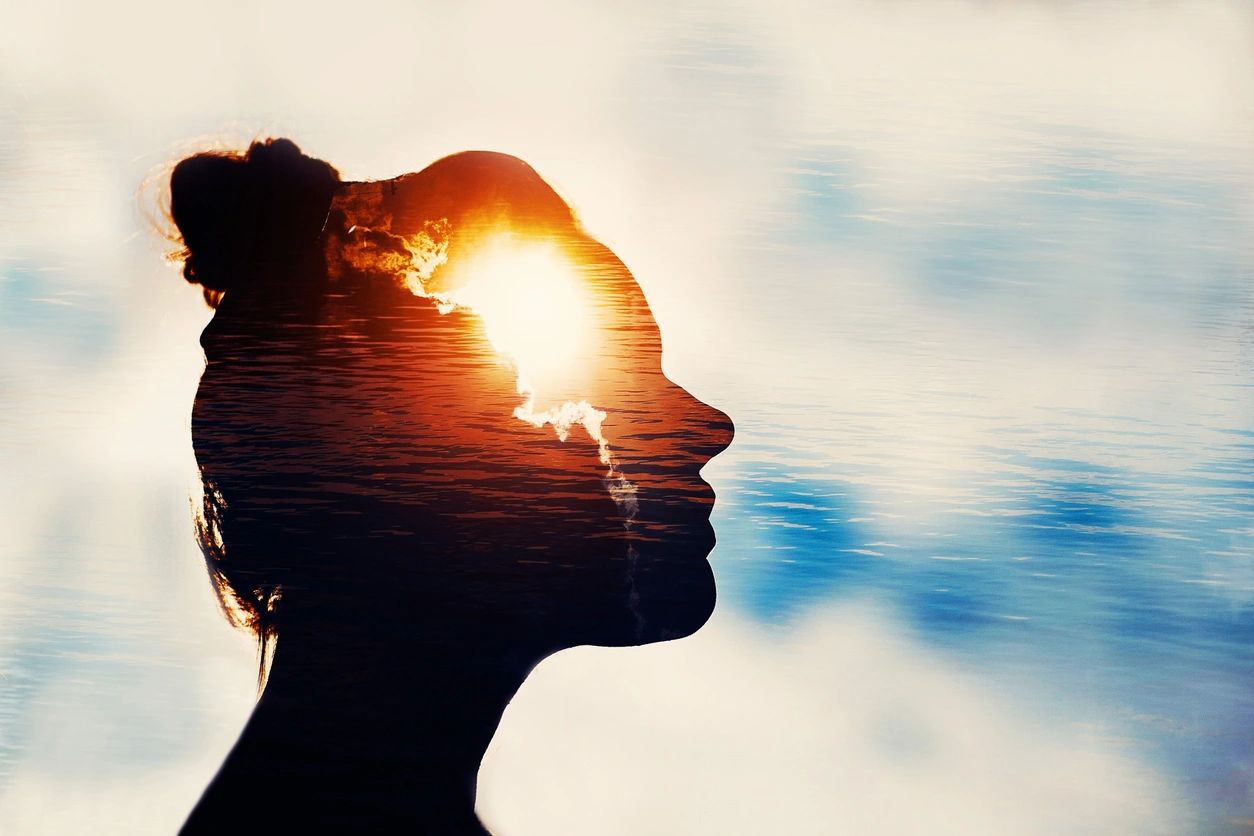For as many centuries as there has been a church, there has been a concerted effort to rationally defend its beliefs against skepticism. That’s what apologetics is supposed to do. A Christian apologetic is primarily a rational defense of the contents of the Faith. Throughout history, defenders of the Faith assumed that Christian beliefs aren’t mysterious inexplicable attitudes. They don’t arise from nowhere. Instead, they are properly formed. In our present age, although Christians have maintained their own psychological resilience in their beliefs, they are not so sure such resilience can be maintained in defending those beliefs. Some suggest that the most that we can do is help people see…
-
-
Black Swans and the Problem of Evil
I admit, I haven’t read anything by Nassim Nicholas Taleb. I’ve only watched a couple of videos about him. Nonetheless, some of basic ideas of his are fairly easy to grasp second hand. For example, apparently Taleb compares top-down controlled organizations with those that are more laissez-fare. According to Taleb, the motivation for upping control is fairly sensible. The more control, the less risk. However, the problem with more control is that a system will be unable to cope with black swan events, unpredictable events that can cause wide-scale rupture to a system. Less centrally controlled systems are much more volatile as a matter of course but cope more easily…
-
3 Apologetic Strategies
Broadly speaking, there are three apologetic strategies. Picking an appropriate one for every occasion will aid an apologist’s success. Defensive Strategy The first apologetic strategy involves defending one’s own position against objections. For example, the problem of evil amounts to an objection to the Christian belief in God’s omnipotence and omnibenevolence. If one can successfully solve the problem of evil, then one has succeeded in rebutting the objection. Reasons to use the defensive strategy: Rebutting objections is a modest aim. It is far more achievable than either a full-blown defense of one’s view or showing that the alternative view is false. Weaknesses for the defensive strategy: The strategy does not…
-
In Defense of Defense: Challenges to Apologetics, pt. 2
The second challenge to apologetics is skepticism. The Skeptic suggests that even if there are mind-independent truths, we cannot know what they are. The problem with being a skeptic is that if one doesn’t think one can know the truth, then one won’t be inclined to defend it. No one is prepared to die for something that could very well turn out false. There are many ways to be a skeptic. One might suggest that we can always find ways to doubt what we believe. Perhaps you are a brain in a vat. How would you know that you are not merely a brain being stimulated in ways that bring…
-
In Defense of Defense: Challenges to Apologetics, pt. 1
Some say that apologetics is dead. We don’t have to argue anymore, we just have to persuade. What we need the power of a good story, not the plodding of old-fashioned teaching. Now, I’m not against a powerful story. My early faith was deeply influenced by the stories of Nicky Cruz, and other people who experienced the transforming power of God. My own story contains great experiences of the reality of God. The point is: you can’t argue with a story. You can no more defend a story than you can do mathematical calculations on a feeling. Stories might give you psychological reasons to believe something; they may be powerful enough to…
-
Replying to a Skeptic Without Becoming One
A skeptic might make the following claims: (A) What we believe is determined by our psychology, sociology, and autobiography. (B) There is no normative, universally applicable method for arriving truth. If (A) is true, then we cannot be objective about what is true or false. If (B) is true, then we are not obliged to believe anything on the basis of someone’s evidence or reasoning. Apologists are supposed to show that claims such as “God exists” or “Jesus rose from the dead” are true and that those who believe such things are rational to do so. Moreover, apologists must assume that it is possible to come to believe these claims…
-
Nativism and Theistic Beliefs
Did we learn the concept of God and infer his existence from some other more basic belief, or did we have the concept of God or a belief in his existence ‘already in the mind’? Such is the issue of nativism: whether there is something in the mind prior to experience. Some theologians and philosophers espouse strongly nativist views. For example, Gordon Clark argues for a form of concept nativism. He argues that human beings have “innate ideas and a priori categories” the purpose of which are for “receiving a verbal revelation, of approaching God in prayer, and of conversing with other men about God and spiritual realities.” Clark makes two…
-
Language Use and the Existence of God
Natural human language-use entails moral obligations, specifically objective obligations between persons. All of these obligations are routinely broken (see Twitter). These obligations are both objective and social. They depend on being objective and not merely an expression of a particular preference or culture. They also depend on the existence of a social context composed of more than one person. As Nicholas Wolterstorff claims, “speaking is, through and through, a normative engagement.” Wolterstorff suggests three norms and provides examples: (i) speech should be related rightly to the mental state of the speaker. If the speaker asserts something he ought to believe it. If the speaker promises something, he ought to intend to fulfill…







